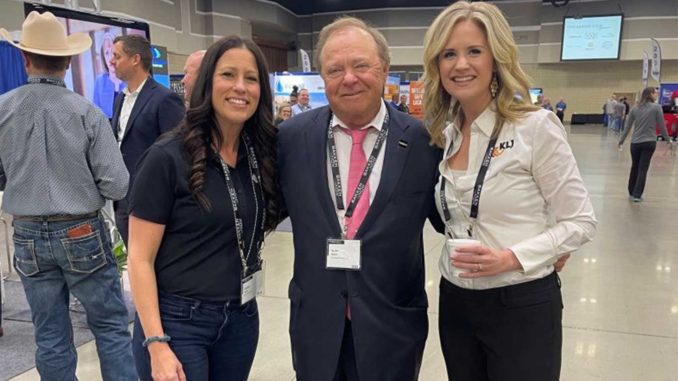
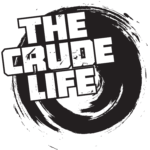
The Crude Life Morning Show: Play Hard Work Hard Episode 104
Hour One Play Hard: Jason Spiess talks with Power Sentry’s CEO Eric Calderon, VP Sales Arran Davidson and Genneca visits with KLJ’s Corie Ereth and Daphne Senn
Hour Two Work Hard: The Crude Life Content Correspondent Genneca Houser interviews North Dakota State Senator Dale Patton
The Crude Life Daily Update For the Radio On The Podcast: Lynn Helms, Director of the North Dakota Mineral Resources and North Dakota Oil and Gas
Rig Count Overview
source: tradingeconomics.com
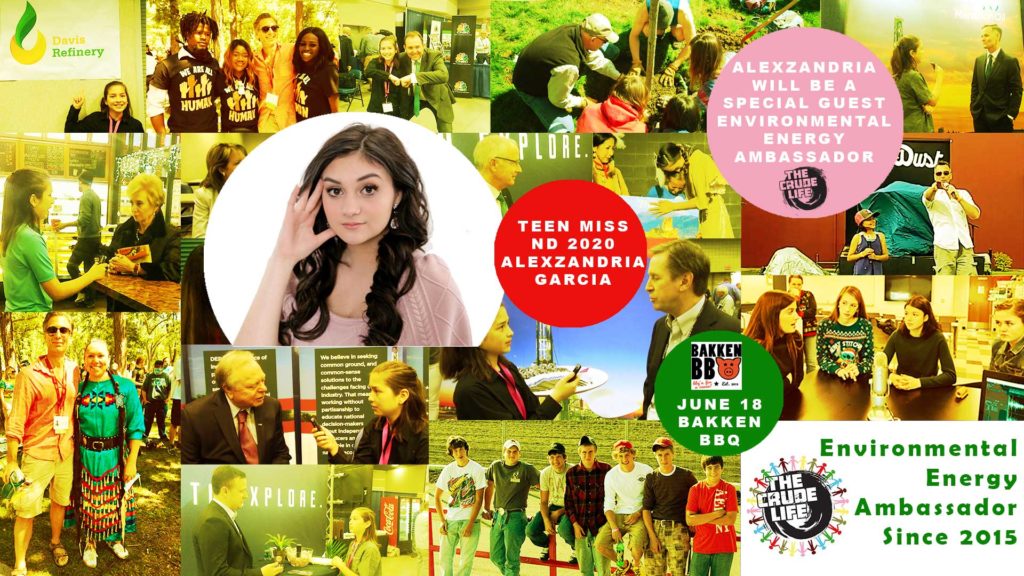
HOUR ONE PLAY HARD: Jason Spiess is at the Williston Basin Petroleum Conference and is joined by Power Sentry’s CEO Eric Calderon, and VP Sales, Arran Davidson.
The Play Hard interview talks about ESG, grid issues, technology barriers to entry, salt water disposals, upstream, safety and prevention.
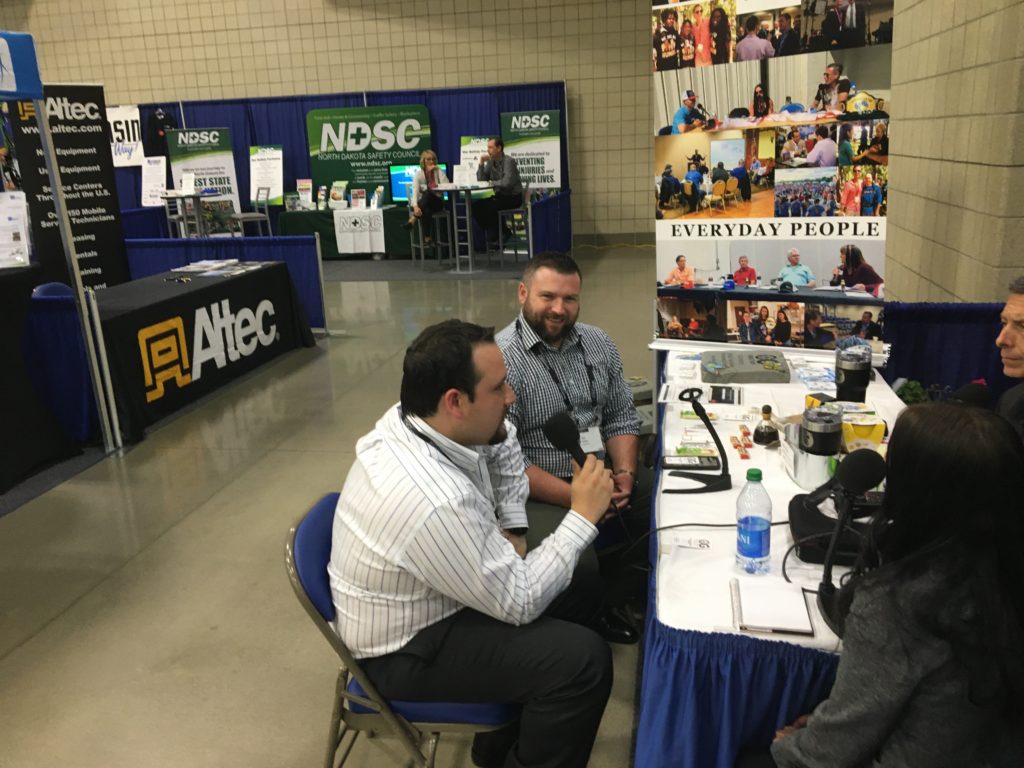
Power Sentry’s CEO Eric Calderon (front) and VP Sales, Arran Davidson (back)
Upfront, Thoughtful Planning Equals Minimizing and Mitigating Risk
Summary and interview by Genneca Houser
Did you know that there are people whose job it is to design well pad sites? We talked with two well educated and industry experienced ladies who work together for KLJ to do exactly that. Because a person can’t just place well pads and roads just anywhere, people or businesses will hire individuals like Daphne Senn and Corie Ereth to look at the site to determine the best placement and design to ensure the least amount of environmental disruption. Daphne and Corie work together to account for things like vegetation, animal habitats, cultural resources, and permitting to make sure there isn’t anything to get into trouble for later. Daphne, a Civil Engineer and Project Leader, designs the layout of the well pad as well as the road to it, and Corie, an environmental expert, assists with placement using her extensive knowledge of the soil, animals and vegetation. Together, they can help clients to put well pads together that are not only efficient, but could be considered environmentally symbiotic.
“I can also help, too, with sometimes trickier soils on providing a seed mixture that works the best for that type of soil, too.” – Corie Ereth, KLJ
With the focus on ESG, such an environmentally conscious approach is keeping them busy. Daphne and Corie say that they’re very glad to be able to work together on these projects because each project has so many moving parts. But the popularity is an interesting item to note because on private land it’s not required to have a civil engineer design the site. If it’s not required, though, why should operators go through the extra of hiring professionals like Daphne and Corie? According to Daphne, it’s because spending now means saving later.
“So, that’s what we’re trying to convince these operators, that if they just spend a little bit more money up front then maybe they’ll save money in the long run.” – Daphne Senn, KLJ
KLJ is a company that has been around for quite some time and has a hand in many different industries. But the well-pad design branch is fairly industry specific. Daphne has been working for KLJ ever since she first graduated college, and Corie has been working for KLJ for 6 years after her time at the Natural Resources Conservation Service. It’s a company that they say, not only treats the employees well, but also allows them a career with daily surprises and new challenges. Their line of work also allows them to build good relationships with customers and feel a sense of reward when the job is well done.
“For me, it’s a little bit of balance, right? So, it’s nice because you don’t have to choose one or the other, right? You can actually help them problem solve to have the least amount of impact on any of the environmental stuff… that’s what’s nice. And working with Daphne – I give her the problems and she thinks around them.” – Daphne Senn, KLJ
For Corie, it’s all about that balance as well; balance between environmental conservation and public health and safety.
“I feel like I still provide a lot of conservation and protect a lot more because of the position I’m in. I’m helping our clients do better.” – Corie Ereth, KLJ
It’s not just the job that makes it worthwhile though, it’s also the clients. According to Corie, their clients are “top notch.” It seems that, because they were already doing everything possible to be environmentally friendly as possible, the ESG regulations didn’t even affect them or the work. This makes it all the more frustrating when some media outlets correlate the oil and gas industry with environmental destruction, when the reality is that there is so much being done that it could take over a year to complete just one project.
“I feel like they’re an easy target, but nobody actually sees the upfront work and that they put time put into it. One project is a year minimum… there are a lot of hours that get put into a project before it’s actually constructed.” – Corie Ereth, KLJ
In any one project, there are a great many moving pieces which makes their favorite thing also the most difficult. Having new obstacles to overcome everyday may keep them on their toes, but it also can be difficult to plan for. So they say that you just have to continue working to find new solutions for new problems.
“There’s always that one. It seems like you have one a year that, you’re like, this one is going to fight us until the end… but again, they’re just a different challenge and you look at other options…” – Corie Ereth, KLJ
The most prominent issues, however, seem to be with environmental constraints and run-off issues surrounding the pad. The latter is the reason both Daphne and Corie came to the WBPC as keynote speakers. Apparently, when the soil and vegetation aren’t given the proper consideration, the root systems on the surrounding vegetation don’t grow properly causing erosion and that leads to water puddling on location. Of course, that leads to a mucky mess among other issues. It could even lead to run-off in other areas making it necessary to start all over with propagating the proper vegetation.
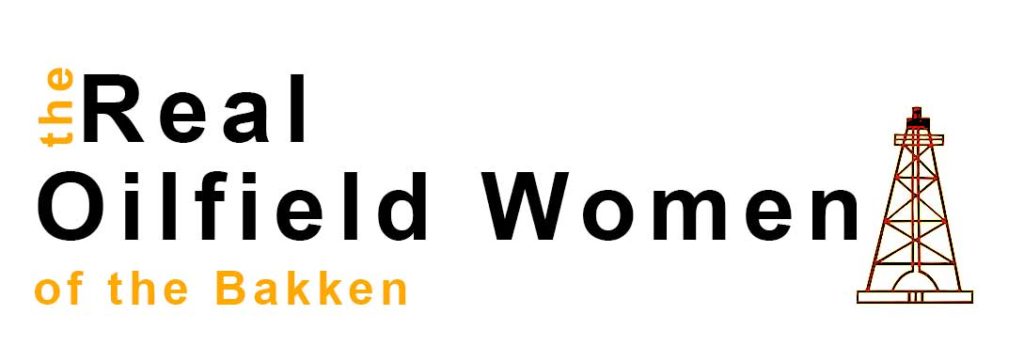
“It’s the worst whenever it’s a newer pad, so then you don’t even have your vegetation established and then it’s just creating headaches for them.” – Daphne Senn, KLJ
Taking proper care of the surrounding plant life may not seem like a big issue, but the problems it can cause from negligence can be quite big when the water can’t get to where it should be going. The plants and trees don’t even have to be fancy; in fact, they just need to be able to grow well in the environment. With that goal in mind, they will match the plant life to the soil so that it will take root and grow more quickly, and thus saving from ponds and erosion on the pads.
“Once you get roots in the ground, that’s going to hold the soil together. It allows water to move into the soil profile versus running on the top and cutting your slopes and causing sediment to leave the sites…” – Corie Ereth, KLJ
With all of the controversy surrounding the different practices within the oil and gas industry supposedly accelerating environmental decline, we had to ask candidly if there was any detriment to the area when well pads are put in. Corie was confident in answering no, saying that they utilize the native environment from start to finish so that not even outside soil is brought onto location. In fact, when the site is prepared, the top soil is pushed to the side so that the well may be reclaimed by its own soil once the well is retired. But that is exactly why these two ladies are trying to spread the word that the good work of people, like themselves, can prevent serious issues and proactively plan how to get the best results.
“Upfront, thoughtful planning equals minimizing and mitigating risk.” -Excerpt from KLJ Well Pad Keynote Presentation
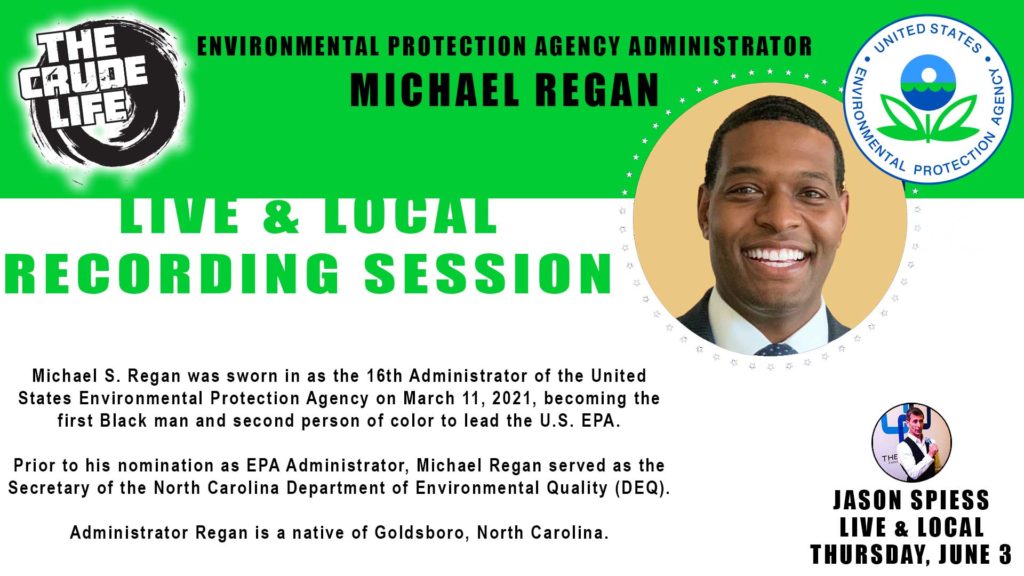
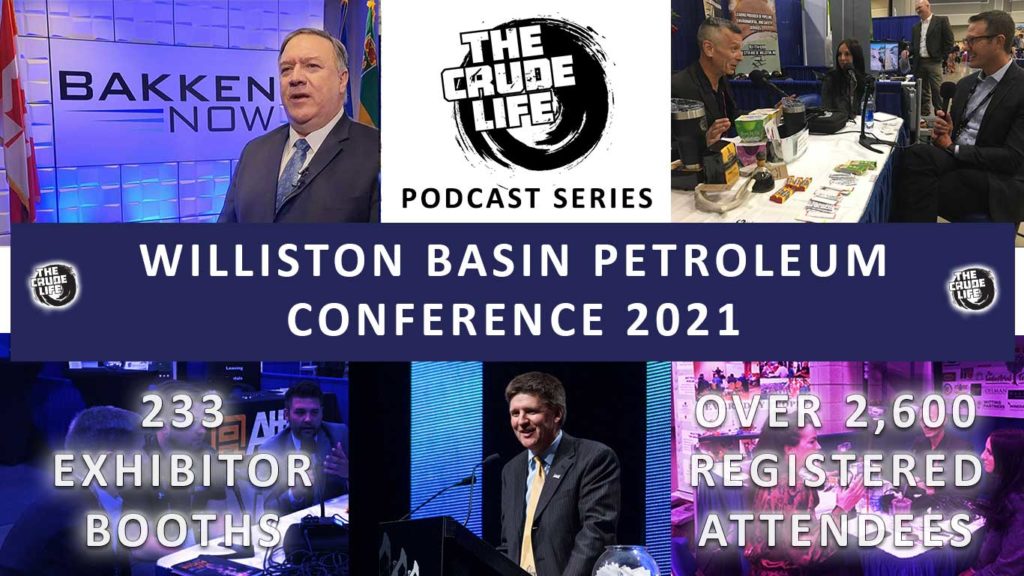
In HOUR TWO we WORK HARD with our Newsmaker Interview: North Dakota State Senator Dale Patton
Big Moves in the Legislative Session
Interview and summary by Genneca Houser
Senator Dale Patton was one of several legislators on a panel to speak at the Williston Basin Petroleum Conference about new pieces of legislation passed this session to help the oil industry. This is Sen. Patton’s first term in office and the new legislative session just ended with some big moves. The first bill discussed is SB 2328 which is a bill that gives a tax credit for seizing different flare mitigation opportunities. He discusses examples of running the raw gas through a generator on site to run server farms or other energy sources as an innovative solution to flaring. What’s more, Sen. Patton talks about how North Dakota may be better equipped than warmer climates to handle this type of solution because server farms, for example, generate quite a bit of heat. But that’s just one piece of the puzzle.
“Those kinds of things are really, I think, a big opportunity in our future. Capturing the gas, using the gas locally, bringing industries locally that provide employment, that provide value and we can do a lot of things though, like shipping electricity, or shipping electrons as they say, or shipping data and we don’t have to build additional infrastructure.”
The next new big update talked about by Senator Patton was HB 1452, which put together the Clean Sustainable Energy Authority. This new Authority provides funding for new research and while helping to determine the what and how to commercialize. The idea is to give opportunities to develop more legislation, like SB 2328, and other projects to help lead to carbon neutrality.
“It’ll create that environment where we can capture carbon. We can focus on becoming as carbon neutral in our energy production as is possible. Doing things like this makes our energy marketable and saleable in the national and international markets and it also makes, I think, an industry that we could develop locally in North Dakota much more feasible.”
With everything moving in such a positive direction, could all of the progress be affected by a possible tax on carbon? Sen. Patton doesn’t think the effect will be negative, so much as it will complicate things. If anything, Sen. Patton says it may drive the push harder for positive carbon solutions.
“A carbon tax, while I don’t think it’s fair and I don’t think it’s right, ultimately would probably force even more action as it relates to capturing the carbon and sequestering it, or using it in a manner that provides value.”
Maybe not a new tax on carbon, but Senator Patton said with certainty that the industry and our leaders need to give the people what they are asking for, and right now they are asking for a reduction in carbon. The issue is the affordability of the new technology, but Sen. Patton speaks of new opportunities found in the new technology. He says a smart use of resources and being able to commercialize on the resources will help to achieve the goal.
“I guess the way I always look at it; if the world wants to buy steak, meaning carbon neutral energy, then our industry should try to sell them steak instead of chicken or pork… it’s common sense in marketing is ‘how do you sell them what they’re wanting.’” – Senator
To end on an upbeat note, Senator Patton was asked what is his favorite part of holding the office of a state senator. For the North Dakota Senator, his favorite part of his job is being able to help solve the real problems. The “meat and potatoes” that helps to keep things going; Senator Patton is a problem solver.
“We’ve said about that Clean Sustainable Energy Authority, that 1452 bill, that that could be generational and it’s the shift that we see when it comes to our coal and oil and gas and biofuels industries in our state. And being able to participate in something like that, that can make that kind of a difference, I think, makes a lot of it worthwhile.”
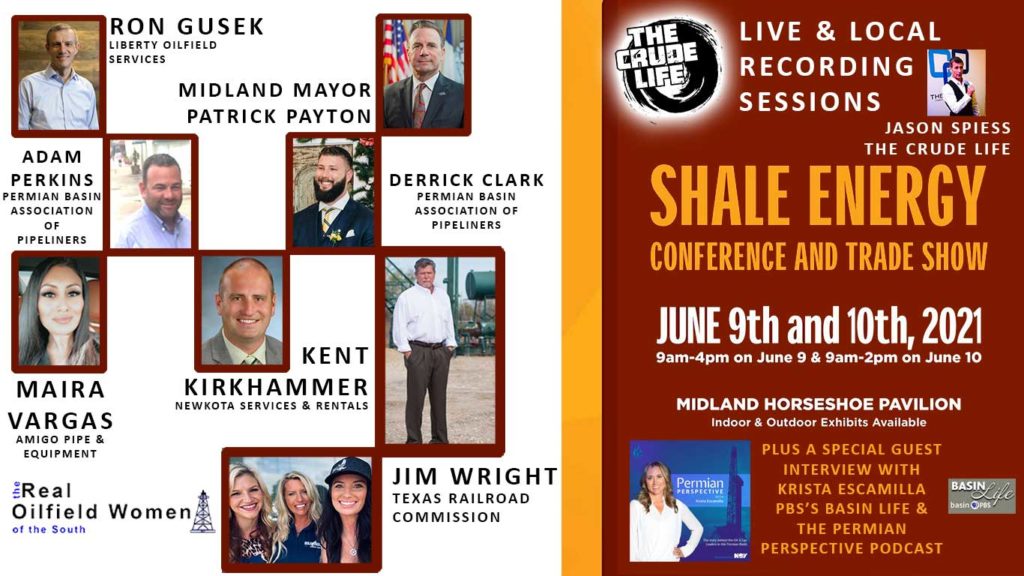
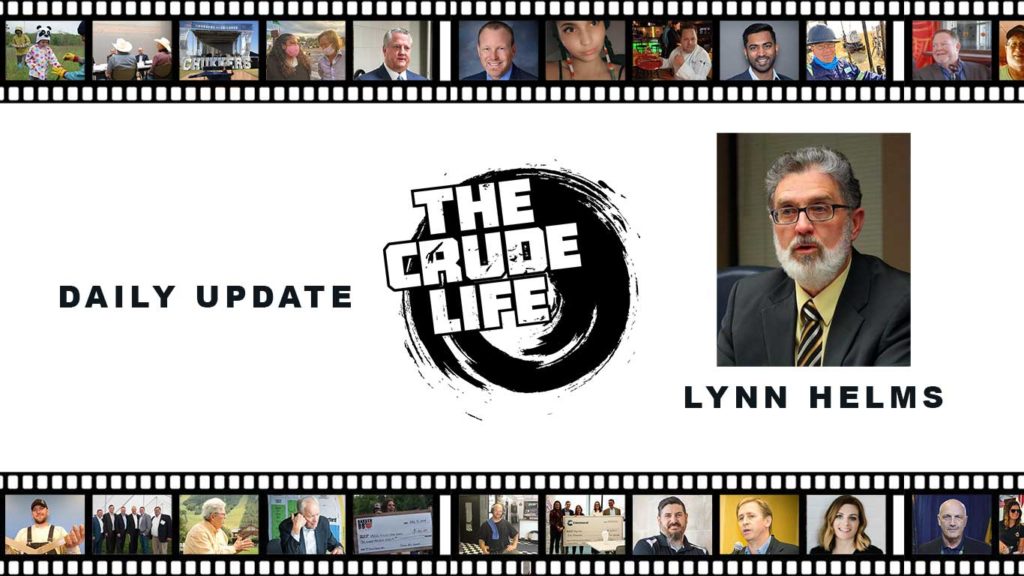
The Crude Life Daily Update For the Radio On The Podcast: Lynn Helms, the Director of the North Dakota Mineral Resources, fills in North Dakota Oil and Gas
Lynn Helms, the Director of the North Dakota Mineral Resources, gives a couple examples of carbon neutral technology the state is working on. Helms cites several project attempts in North Dakota and one successful project in south Texas.
Click here for full length interview
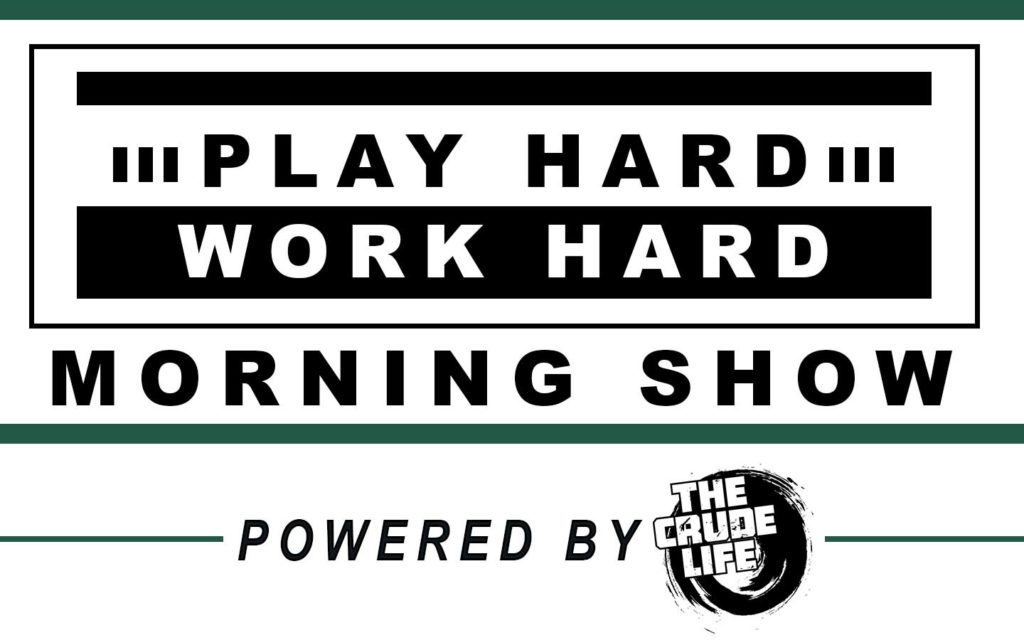
For sponsorship information on The Crude Life Morning Show Play Hard Work Hard, email studio@thecrudelife.com or click here.
Sponsors, Music and Other Show Notes
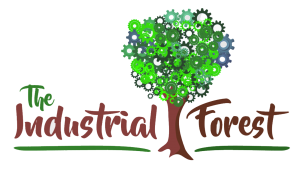
Studio Sponsor: The Industrial Forest
The Industrial Forest is a network of environmentally minded and socially conscious businesses that are using industrial innovations to build a network of sustainable forests across the United States.
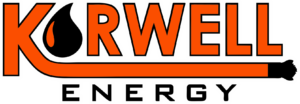
Weekly Sponsor: Korwell Energy
Korwell Energy is an industry leading designer, ASME code manufacturer, and remanufacturer of production equipment for oil and gas producers, throughout the Rocky Mountain Region.
They retain both an ASME U and R stamp. Their 28,000 sq ft of manufacturing shop with overhead cranes create a safe and productive environment for their team who collectively have over 75+ years of experience in manufacturing of ASME Oil and Gas production equipment.
Korwell prides themselves on outstanding customer service, expertise, and cutting-edge technology to partner with customers to maximize their individual production goals and help comply with ever changing regulations.

Weekly Sponsor: MineralTracker
MineralTracker is the only mineral management software that allows mineral owners to compare actual royalty payments to expected payments based on well performance and a proprietary, Bakken-specific reservoir model built by MineralTracker’s petroleum engineers.
MineralTracker was formed in Watford City, North Dakota, and is a subsidiary of First International Bank & Trust, a family-owned bank also based in Watford City.

Phone Line Sponsor: Swan Energy, Inc. 866.539.0860

Studio Email and Inbox Sponsor: To Be Announced

Featured Music: Moody River Band
For guest, band or show topic requests, email studio@thecrudelife.com
Spread the word. Support the industry. Share the energy.
If you have a chance, check out The Crude Life Podcast!

